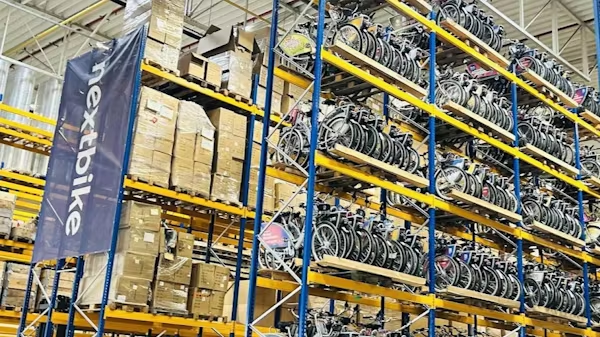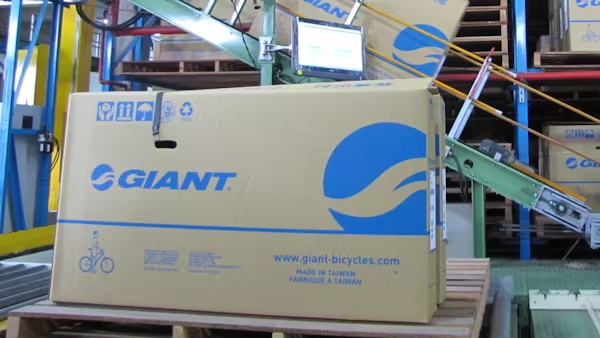Powering Up: Understanding the New EU Battery Regulation for Cyclists
As cycling continues to surge in popularity across Europe, the recent introduction of the new battery regulation has sparked vibrant discussions within the bicycle community. The European Commission has made waves with its focus on sustainability and repairability, particularly through ‘Article 11,’ which addresses the pressing need for single-cell battery replacement. Let’s delve into what this means for cyclists, manufacturers, and the future of e-bikes.
Article 11 Explained: A Game Changer for Repairability
The European Union’s commitment to environmental sustainability has led to new battery regulations designed to reduce waste and promote circular economy principles in the cycling industry. Article 11 centers on repairability, specifically targeting the ability to replace individual battery cells instead of mandating complete battery replacements. This regulation aims to make electric bikes (e-bikes) more sustainable, as it allows for easier and less costly repairs. Cyclists will benefit from prolonged battery life and reduced e-waste, making cycling an even greener transportation alternative.
Additionally, manufacturers are expected to embrace this regulation by designing batteries that are more accessible and repair-friendly. This shift not only saves consumers money but also encourages manufacturers to innovate in battery design and technology.
Single-Cell Replacement: The Future of E-Bikes
One of the most exciting aspects of Article 11 is the focus on single-cell replacement. Many cyclists are familiar with the frustration of needing to replace an entire battery due to just one faulty cell. The new guidelines empower consumers by allowing them to replace only the defective parts of their e-bike batteries, extending the overall lifespan of the battery pack and reducing costs associated with repairs.
For enthusiasts of bike commuting and long-distance rides, this means fewer interruptions due to battery failures and a more reliable mode of transport. Imagine being able to swap out worn-out cells while still enjoying your favorite rides, instead of facing the daunting expense of a full battery replacement!
A Move Towards Sustainability and Cost-Efficiency
The introduction of new guidelines also underscores the commitment of the cycling industry to sustainable practices. By encouraging repairability, the EU is fostering an environment of responsibility among manufacturers and consumers alike. E-bike owners will find themselves less reliant on single-use batteries, significantly cutting down on waste and environmental impact.
From a cyclist’s perspective, this regulation means investing in e-bikes that not only consider your biking needs but also the health of our planet. As you consider your next purchase, opt for brands that prioritize repairability and sustainability—they’re leading the charge towards a more responsible cycling future.
Personal Insight
As an avid cyclist who values sustainability, I believe that embracing repairability will significantly impact the cycling landscape. Regular maintenance and repair are often overlooked, but the ability to replace individual cells means we can be more accountable for our e-bike batteries. My personal tip? Always stay informed about your battery’s health and maintenance needs; being proactive will extend the life of your e-bike significantly.
Conclusion: A Step Forward for Cyclists
In a rapidly changing world, regulations like Article 11 not only aim to enhance e-bike technology but also support a cycling culture grounded in sustainability and efficiency. As cyclists, we should celebrate this initiative, as it empowers us to be more conscious consumers and ensures that cycling remains a viable, eco-friendly alternative for years to come. Embrace these changes, stay informed about your e-bike maintenance, and ride into a greener future!
Original article: Click here











